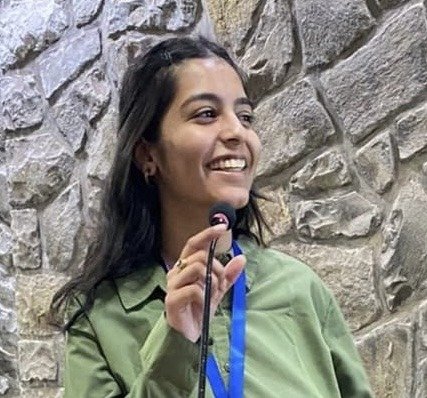The profound influence of social media on our daily lives is undeniable. For many, the day begins and ends with social media engagement, reflecting its pervasive role. Its impact is so ingrained that it often feels routine. The pandemic further increased our dependency on technology, making smartphones indispensable for everything from remote work to social interaction. Social media has transformed communication by enabling instant connectivity and has emerged as a crucial platform for information dissemination and social awareness. It has become a powerful catalyst for social change, facilitating the voicing of opinions, fostering discourse, and mobilizing movements. In the context of the 2024 general election, understanding social media’s role is essential, as it significantly shapes public opinion and political engagement. Social Media influences each sphere of life, including the work setup, self-perception, relationships, and larger social narrative
However, it is crucial to note what kind of influence social media has on people all around the country. And how significantly, if at all, did it change people’s ideas and beliefs around the election? Does the use of social media in the electoral realm have deeper implications in the political landscape of a democracy?
The 17th General Election of India in 2024 was one of the largest elections in the world, with over 640 million people casting their votes from the high peaks of the Himalayas to the remote jungles of the West. Looking back to the 2010s, social movements like India Against Corruption were magnified by social media. It was also kind of revolutionary for politicians to be able to connect with millions of people with just one click through the use of social media and communicate their ideologies. This also changed the conventional ways of political campaigning when, a month before the election, people belonging to specific political parties used to rally their campaign and make people aware of their manifesto. This used to be an event and celebration in itself. Until now, these conventional political campaigns have been significantly reduced, which could be possible because of easier and more convenient access to social media, but possibly because of other reasons, including extremely high temperatures and scorching heat in certain states of India. However, this is not to say that there’s a complete transition of the campaigning to the online medium, but rather how social media plays a complementary role, if not a more important one, during the election process.
The significance of voting and why each vote counts is known to most, however, it’s crucial at the same time to note how M. Banerjee wrote, “The phenomenon that an election is in the country- it means more to people than simply a means to elect governments rather the very act of voting is seen as meaningful and an end in itself expressing the virtues of citizenship, accountability and civility”
Virtual Campaigns and Influence
The benefits of social media are quite known to people, Not only is it easier and more accessible to most people but it’s also different from conventional media because people can create their content, thereby creating an active participation and role in the entire process. In this way, it makes a two-way process where people can also voice their opinions, unlike in mass media, where the reporter used to give them news/information and information, thus also establishing a bottom-up approach to political discourse. This way, politicians can just post/tweet their manifesto and beliefs, and people can repost/retweet and create a dialogue on that with their proximate people, and those people then do the same with their circle, and this goes on and creates a full chain, where not only everyone is getting the information and aware about the contemporary news, but also able to just voice out what they think based on what is going on in the world. This discussion around elections and voting also indirectly pushes people to go and vote. The use of social media in the electoral campaign was first used by Obama in 2008, thus setting a precedent for other developing democratic countries, including India.
It’s crucial to recognize how accessible social media is to various sections of society. According to the Internet and Mobile Association of India, the country ranks second globally in internet usage.
But also how there’s a power shift as influencers also play an important role in disseminating information and facilitating political beliefs, their authenticity, relatability, and trustworthiness among their consumer audience make them more credible; more crucially, the digital creators should be aware of their responsibility and they owe it to their larger audience.
Social media has drastically changed how electoral campaigning used to be done and also created a new avenue for discussion and deliberation with people from diverse states and backgrounds, hence also creating a more holistic discussion with perspectives ranging from all around India. Without much data, it might be wrong to say how much of the social media debate turned out and impacted the ‘vote’. In the 2019 Lokshabha General Election, it showed the leader’s Facebook fan page and amount of votes secured by the party with 86.6% accuracy’ In fact, the 2024 elections were the first nationwide elections that implemented a multi-tier regulatory approach, The IT Rules, issued under the decades-old Information Technology Act (2000), implemented a multi-tier regulatory approach to social media intermediaries, digital news, and OTT streaming services.
Empowering Democracy through Social Media
“Democracy has to be seen as beyond just the ability to vote. It also encapsulates how people have a right to express themselves, formulate opinions, and organize themselves.” – Shabhaz
Social Media also, more importantly, gives voice to the marginalized sections of society and provides them with a platform to voice out what they have experienced or issues about them that are usually neglected by the mainstream perspective, For instance, The Mooknayak highlights the stories of Tribals, Dalits, and marginalized women, as well as parliamentary seats reserved for candidates from marginalized communities.
In a country that is home to the second largest population in the world and is considered to be one of the largest democracies in the world, people need to have a platform to voice out their opinions about political parties, etc. Social media in this context not only made people aware of a lot of things happening around the election but also influenced their vote, to the point that they think it had a lot of impact, but unconsciously, due to the consistent and significant amount of time spent on social media, the voice of what Influencers/ and channels think becomes the voice of what you vote on. This also means that there is a rise of influencers on social media. Since everyone thinks that it is that easy to become an influencer and talk about what they think, it has become much easier to form an opinion and give your opinion on social media. However, everyone can’t become an influencer.
With the rise of artificial intelligence, social media has been hampered in part by concerns over data privacy, algorithmic bias, and public opinion manipulation. There is no doubt that social media is a double-edged sword. As a result, the internet is a playground for misinformation, false narratives, and propaganda, and laymen often fail to fact-check or verify their sources. Ashwini Vaishnaw, technology minister, calls AI-generated content “a threat to democracy.”
Not only has it increased political engagement among youth and larger society, but it also holds the power to empower voters. In order to ensure the integrity of our democracy, knowledge literacy, and discourse surrounding social media, Although the BJP leads in the virtual space, other political parties are rapidly catching up through investments in IT and social media. It is important for these political leaders to be aware of the drawbacks of the use of social media. A better approach would be to use virtual campaigning as a complement rather than a substitute for traditional methods.
Hence, politicians and even ordinary citizens should be mindful of how they use social media since it not only influences youth but other people’s opinions as well.
How do we make use of social media and how, in turn, the space of social media makes use of us is a question for each of us.
References
The 2024 Indian Elections: The Strategic Use of Journalism, Social Media, and Internet Governance in a Modi-centric Election. (2024, April 18). Oxford Internet Insitute.
The Crucial Role Of Social Media & Creators In General Elections 2024. (2023, December 14th). Social nationnow.
George, D.A.S. (2024, march). Navigating the World’s Largest Democratic Exercise: India’s 2024 General Election. Partners Universal International Innovation Journal (PUIIJ).
Lakshane, R. (2024, April 9th). Indian Elections 2024: Social Media, Misinformation, and Regulatory Challenges. https://in.boell.org/.
Nair, A. (2024, May 10th). How AI, social media, and the internet shape Elections 2024. Hindustan Times.
Sanjana, K. S. (2024, february 15th). Intertwined Paradoxes: Electoral Campaigns, Social Media and Populism in Indian General Elections of 2014 and 2019. TheDaak.
Warsi, Z. (n.d.). Why elections in India, the world’s largest democracy, are crucial to watch. PBS NewsHour.
Author

The article is written by Mehak Bahl (Research Intern), affiliated with the World Intellectual Foundation.
